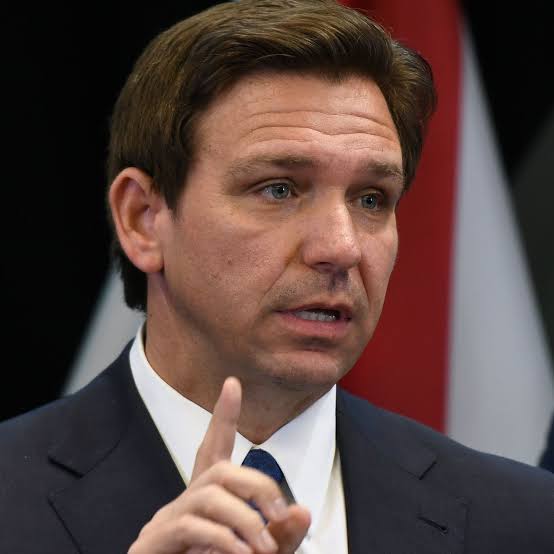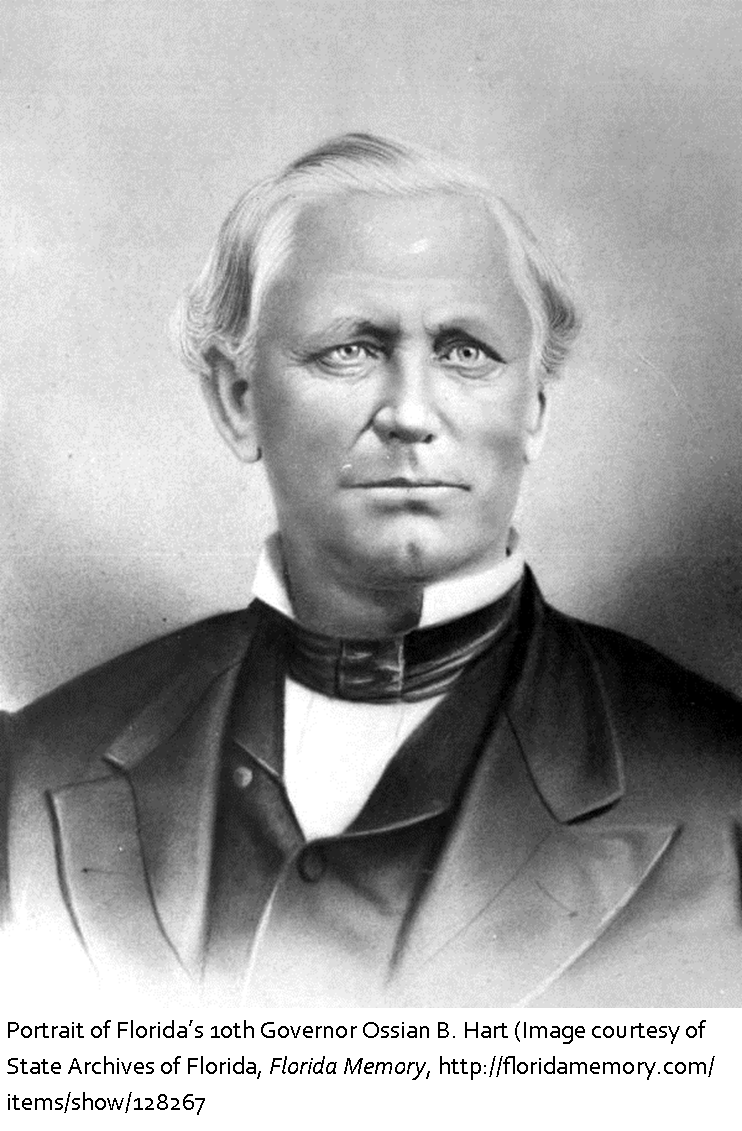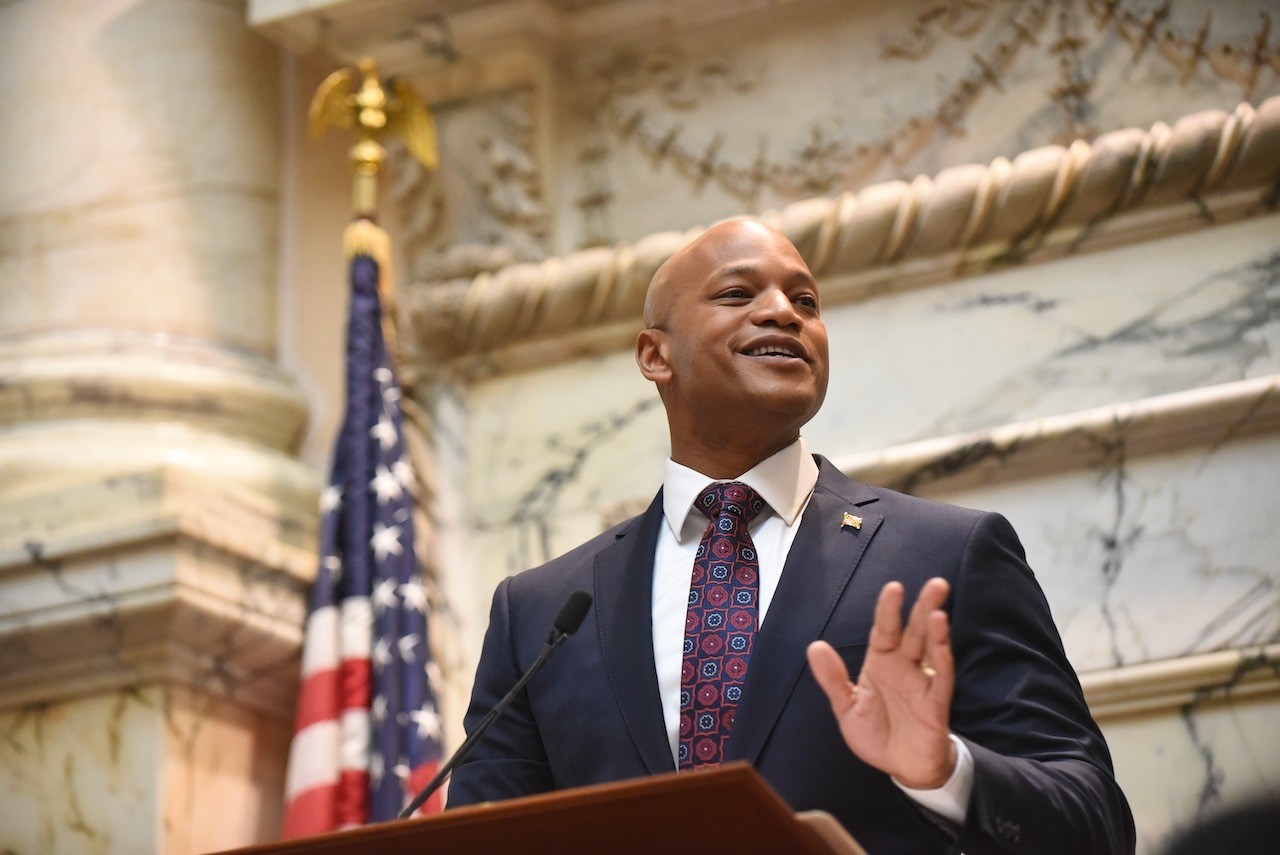Who Was The First Governor Of The State Of Florida?
Florida, a state rich in history and culture, holds an intriguing past that dates back centuries before its statehood. The question of who was the first governor of the state of Florida is not only a historical inquiry but also a glimpse into the pivotal moments that shaped this vibrant region. Understanding this history provides valuable insights into Florida's transformation from a Spanish colony to a U.S. state.
The journey to Florida's statehood began long before the appointment of its first governor. The state's history is intertwined with the colonization efforts of European powers and the subsequent transfer of control to the United States. This article delves deep into the life, legacy, and historical significance of Florida's first governor, shedding light on his contributions to the state's development.
By exploring the role of the first governor, we gain a clearer understanding of Florida's early governance structure, the challenges faced during the transition period, and the lasting impact of these decisions on modern-day Florida. This article aims to provide a comprehensive overview of the topic while adhering to the highest standards of accuracy and relevance.
Read also:Worth Parker The Rising Star Redefining Success In The Modern Era
Table of Contents
- Biography of the First Governor
- Early Life and Background
- The Statehood Process
- Selection of the First Governor
- Key Contributions of the First Governor
- Challenges Faced by the First Governor
- Legacy of the First Governor
- Historical Context of Florida's Governance
- Modern-Day Impact of Early Governance
- Conclusion and Call to Action
Biography of the First Governor
William Pope Duval, the first governor of the state of Florida, was a pivotal figure in the state's early history. His tenure as governor marked the beginning of Florida's transition from a U.S. territory to a fully fledged state. Below is a brief overview of his life and achievements:
Personal Data
| Name | William Pope Duval |
|---|---|
| Birth Date | February 13, 1784 |
| Birth Place | Berryville, Virginia |
| Death Date | April 6, 1854 |
| Death Place | Lexington, Kentucky |
| Occupation | Governor, Lawyer |
Early Life and Background
William Pope Duval was born on February 13, 1784, in Berryville, Virginia. His early years were marked by a strong interest in law and governance, which eventually shaped his career path. Duval's educational background and early experiences in public service prepared him for the significant role he would play in Florida's history.
As a young man, Duval studied law and was admitted to the bar, setting the stage for his future involvement in politics. His legal expertise and leadership skills were recognized early on, leading to his appointment as the first governor of Florida Territory in 1822.
The Statehood Process
The process leading to Florida's statehood was complex and involved multiple stages of negotiation and legislative action. Florida was ceded to the United States by Spain in 1819 through the Adams-Onís Treaty, but it wasn't until 1822 that the territory began its formal governance under U.S. jurisdiction.
This transition period was crucial in laying the groundwork for Florida's eventual statehood. The appointment of a governor was an essential step in establishing a structured governance framework, ensuring stability and progress in the newly acquired territory.
Selection of the First Governor
William Pope Duval was appointed as the first governor of Florida Territory by President James Monroe in 1822. His selection was based on his proven track record in public service and his ability to navigate the complexities of territorial governance.
Read also:Clark Simmons Unveiling The Life Legacy And Impact Of A Hidden Gem
Duval's appointment marked the beginning of a new era for Florida, as he took on the responsibility of leading the territory through its formative years. His leadership was characterized by a commitment to promoting growth and development while addressing the unique challenges faced by the region.
Key Contributions of the First Governor
Establishing Governance Structures
One of William Pope Duval's most significant contributions was the establishment of effective governance structures in Florida Territory. Under his leadership, key institutions were created to ensure the smooth functioning of the territorial government.
- Creation of a territorial legislature
- Development of judicial systems
- Implementation of policies to encourage settlement and economic growth
Promoting Economic Development
Duval played a crucial role in promoting economic development in Florida. His policies aimed at attracting settlers and fostering agricultural and commercial activities, which laid the foundation for the state's future prosperity.
Through strategic initiatives, Duval facilitated the growth of key industries, including agriculture and trade, which were vital to the territory's economic progress.
Challenges Faced by the First Governor
Despite his many accomplishments, William Pope Duval faced numerous challenges during his tenure as governor. These challenges included:
- Managing conflicts with Native American tribes
- Addressing issues related to land ownership and settlement
- Overcoming logistical and administrative hurdles in a sparsely populated territory
Duval's ability to navigate these challenges demonstrated his resilience and leadership qualities, earning him a place in Florida's historical narrative.
Legacy of the First Governor
The legacy of William Pope Duval extends beyond his immediate contributions to Florida's governance. His efforts laid the foundation for the state's development and influenced future generations of leaders. Duval's commitment to establishing a robust governance framework and promoting economic growth left a lasting impact on Florida's trajectory.
Today, Duval County, the county seat of Jacksonville, is named in his honor, reflecting his enduring influence on the state's history.
Historical Context of Florida's Governance
Understanding the historical context of Florida's governance provides valuable insights into the state's evolution. The transition from Spanish control to U.S. territory and eventual statehood was a transformative period that shaped Florida's identity.
William Pope Duval's role in this process highlights the importance of effective leadership during periods of significant change. His governance style and policies set the standard for future administrations, ensuring continuity and progress.
Modern-Day Impact of Early Governance
The impact of early governance decisions, such as those made by William Pope Duval, continues to influence Florida's development today. The institutions and policies established during this period have evolved to meet the needs of a growing population and a dynamic economy.
Modern-day Florida owes much of its success to the groundwork laid by its early leaders, including Duval. The state's vibrant economy, diverse population, and thriving communities are a testament to the vision and dedication of its first governor.
Conclusion and Call to Action
In conclusion, William Pope Duval's role as the first governor of the state of Florida was instrumental in shaping the state's early history. His contributions to governance, economic development, and conflict resolution laid the foundation for Florida's growth and prosperity. Understanding the legacy of the first governor provides valuable lessons for contemporary leaders and citizens alike.
We invite readers to engage with this article by leaving comments, sharing their thoughts, and exploring other resources related to Florida's history. By doing so, we can continue to appreciate and honor the contributions of those who paved the way for Florida's bright future.
Data and references for this article are drawn from reputable historical sources, including the Florida State Archives and scholarly publications on early American history. For further reading, consider exploring works by historians specializing in Florida's territorial period.



